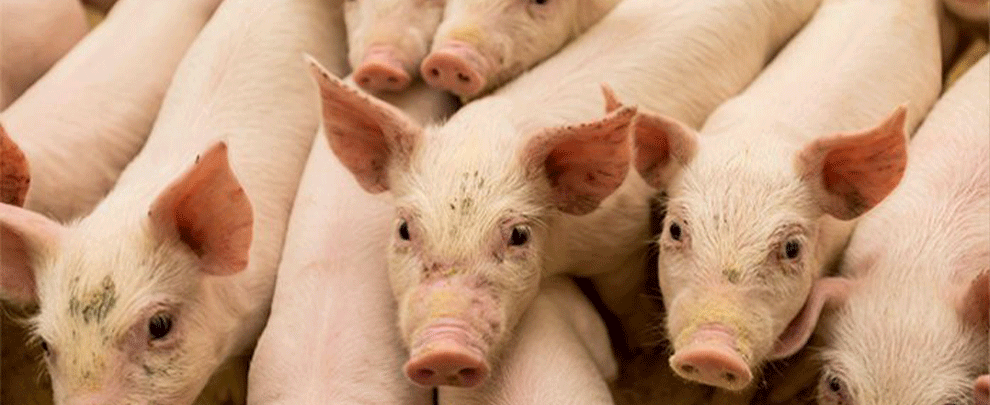Blog
Blog

ASF keeps European pig sector on alert
06th September 2024 - News
In 2024, African swine fever (ASF) remains a challenge for Europe, affecting both domestic pigs and wild boar, with serious socio-economic consequences. Since its reintroduction on the European continent in 2007, the disease has been spreading, mainly towards the west.
In recent months, the virus continues to spread in Germany and Italy, which is worrying due to their proximity to France and, therefore, to Spain. Last August, the presence of the virus was detected for the first time in a domestic pig in Rhineland-Palatinate, a few kilometres from the border with France, about 65 km in a straight line. In this case, the presence of the virus was found in 13 domestic pigs from a total of seven farms. The first case of ASF in wild boar in the same German region was detected on 9 July. On the other hand, in Italy the authorities have warned that the situation is complicated due to the detection of 8 outbreaks in Lombardy, 5 in Piedmont and 1 in Emilia Romagna. This is why the European Veterinary Emergency Team (Euvet) of the European Commission has insisted on the need for a common strategy to combat ASF in Northern Italy, where each region carries out its own measures with minimal coordination with its neighbouring regions.
Despite the delicate situation, it is worth mentioning that during the first half of 2024 the number of ASF cases in Europe has decreased. Throughout the aforementioned period, a total of 3,428 cases of African swine fever in wild boar have been confirmed, a decrease of 34% compared to the same period of the previous year (5,200 cases), and 198 outbreaks in domestic pigs, 55% less than in 2023 (445 outbreaks).
Faced with this situation, health authorities have stepped up their efforts to control the spread of the virus. Awareness campaigns and biosecurity measures have been essential in several countries, especially in the most affected regions. In addition, the European Food Safety Agency (EFSA) has updated zoning and control strategies in critical areas of Germany, Poland, Croatia, among other countries.
On the other hand, one of the most anticipated developments is the possible availability of an effective vaccine. European projects such as VACDIVA have made progress in the creation of pilot vaccines, and it is hoped that they will soon be ready for use. Meanwhile, work continues on epidemiological surveillance and the implementation of preventive measures to limit the spread of the disease, particularly in rural areas and where wild boars are more common.
The impact of ASF not only affects the pig industry, but also biodiversity and ecosystems, as wild boars are also a key species in the transmission cycle of the virus. The fight against this disease in Europe remains a health and economic priority in 2024.






